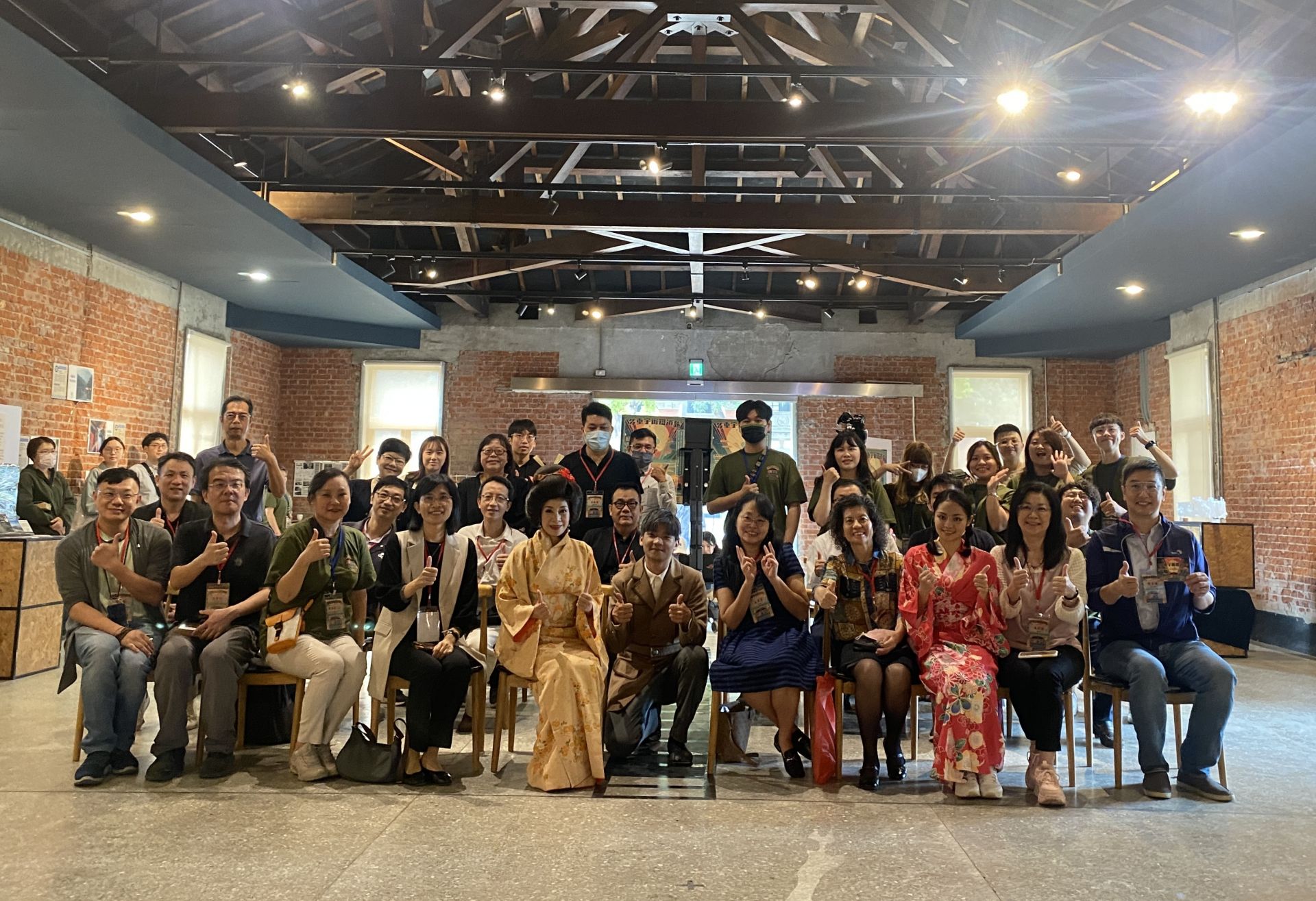Dean Shin-Mei Kao of the College of Liberal Arts expressed deep emotion when witnessing the students’ works. She said she was profoundly moved, emphasizing the effort students put into transforming their understanding of drama into stage performances. She also extended special thanks to the faculty of the program. Dean Kao noted that the Interdisciplinary Drama Program is designed to help students explore the knowledge and practice of drama, traditional Chinese opera, and cross-cultural or cross-genre theatre. In a globalized context, the program seeks to blend traditional and contemporary elements and integrate Eastern and Western cultures in innovative ways. Established in Academic Year 103, the program brings together faculty from the College of Liberal Arts, the Graduate Institute of Art Studies, the Master’s Program in Drama, and the Departments of Chinese Literature, Foreign Languages and Literature, Taiwanese Literature, and History. It aims to cultivate a new generation of performing arts professionals with cross-cultural vision, creative thinking, and integrative capabilities, responding to the diverse needs of the arts and culture industries.
This year’s drama festival is a vibrant artistic event that exemplifies cross-disciplinary co-creation. The festival features diverse content and formats, including the “Jiujia Opera Cultural Heritage Project: Hsin-Chin-Chu Opera Troupe,” held in collaboration with Tainan Municipal Administration of Cultural Heritage. The course Case Study on Music of Chinese Traditional Musical, taught by Honorary Professor De-Yu Shih and Associate Professor Wei-Chien Ma, invited Director Ting-Chuan Chen and instructor Chin-Chi Chen to guide students in learning Taiwan’s traditional Jiujia Opera. Other courses involved in the festival include Performance Art and Creative Industry, AI Ethics, Digital Humanities: Digital Archiving and Digital Curating, Artistic Actions and Cultural Spaces, Teaching Practice of Performing Arts in Art and Life Studies, Appreciation of ZIQU and Performing Arts, Film Art and Life, and Drama Production. In total, 9 courses contributed to a comprehensive, cross-curricular exhibition and performance series.
Associate Professor Wei-Chien Ma, coordinator of the program, explained that the theme “Sincere City, Theatrical Encounters” cleverly weaves together the identity of NCKU and the city of Tainan. It conveys the heartfelt sincerity of NCKU’s faculty and students, who, in this historically rich city, use the power of art and drama to foster emotional connections and dialogue with society. This year’s festival not only features course instructors’ performances but also unites multiple academic departments, the Art Center, the Research Center for Humanities and Social Sciences, and vibrant student groups such as the Fine Arts Club and Dance Club. The organizers expressed sincere gratitude to everyone who participated in planning, producing, and performing.
The 5th NCKU Drama Festival is more than a showcase of academic outcomes—it is a living realization of the principles of co-creation, co-prosperity, and the common good. Through collaborative creation among faculty, students, and departments, shared artistic resources that enhance campus aesthetics, and community engagement that fulfills the university’s social responsibility, the festival welcomes the public to celebrate this cultural tribute to Tainan’s tricentennial.
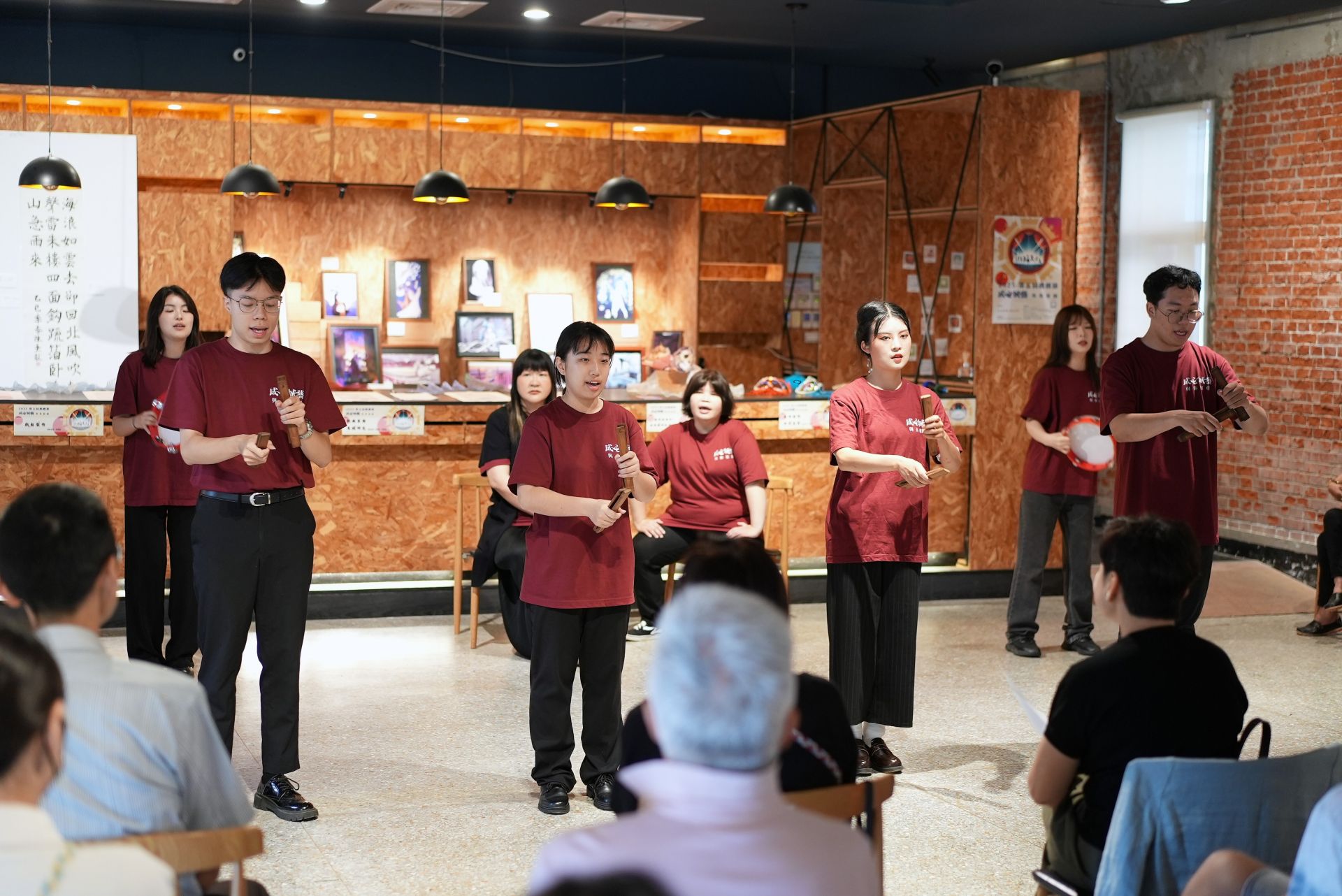
The opening ceremony of the 5th Drama Festival on the 4th featured a joint performance by students from the Graduate Institute of Art Studies' Traditional Chinese Opera Vocal Styles course and instructors from the Bureau of Cultural Heritage
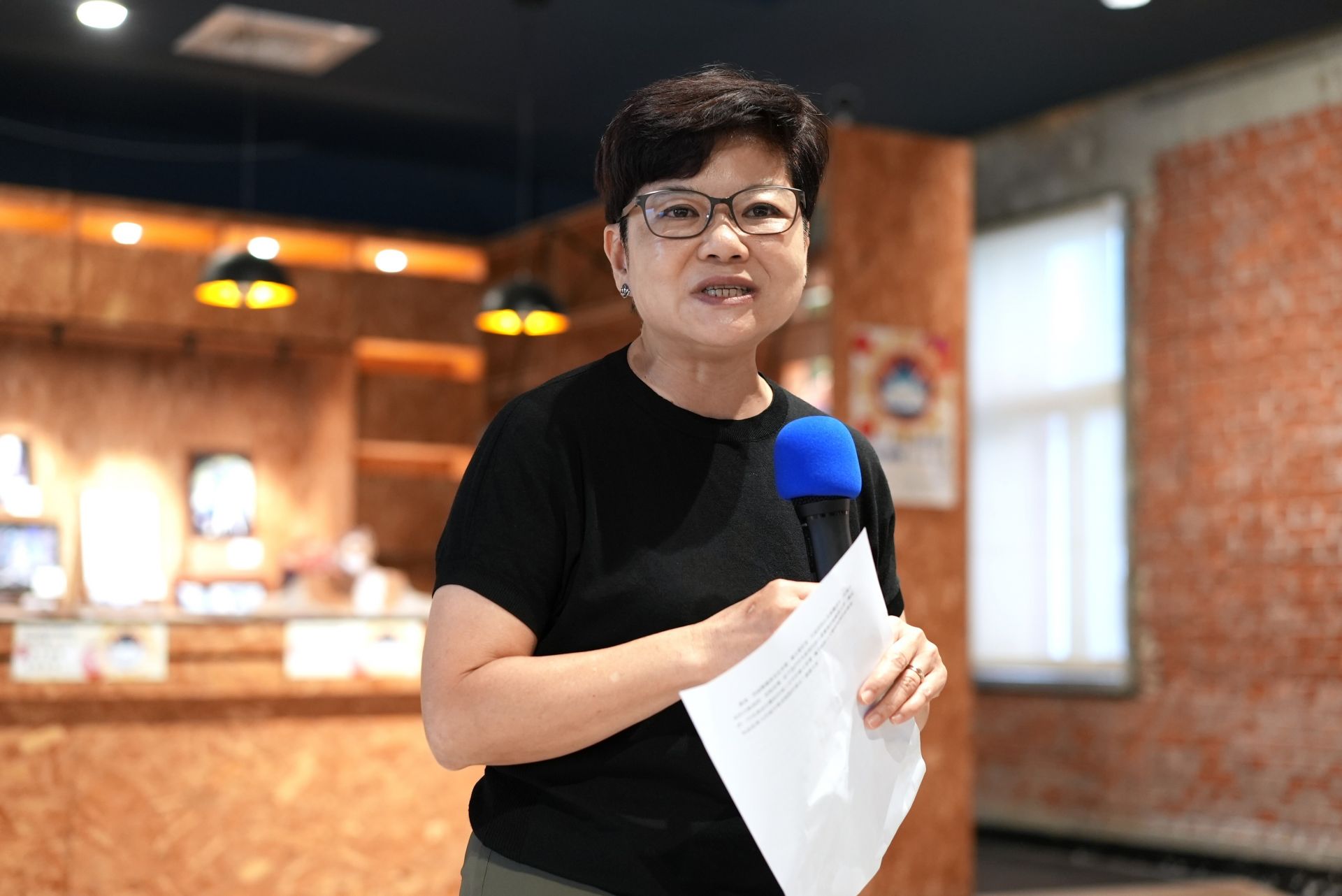
Dean Shin-Mei Kao of the College of Liberal Arts expressed her deep appreciation and was moved by the students' creative achievements
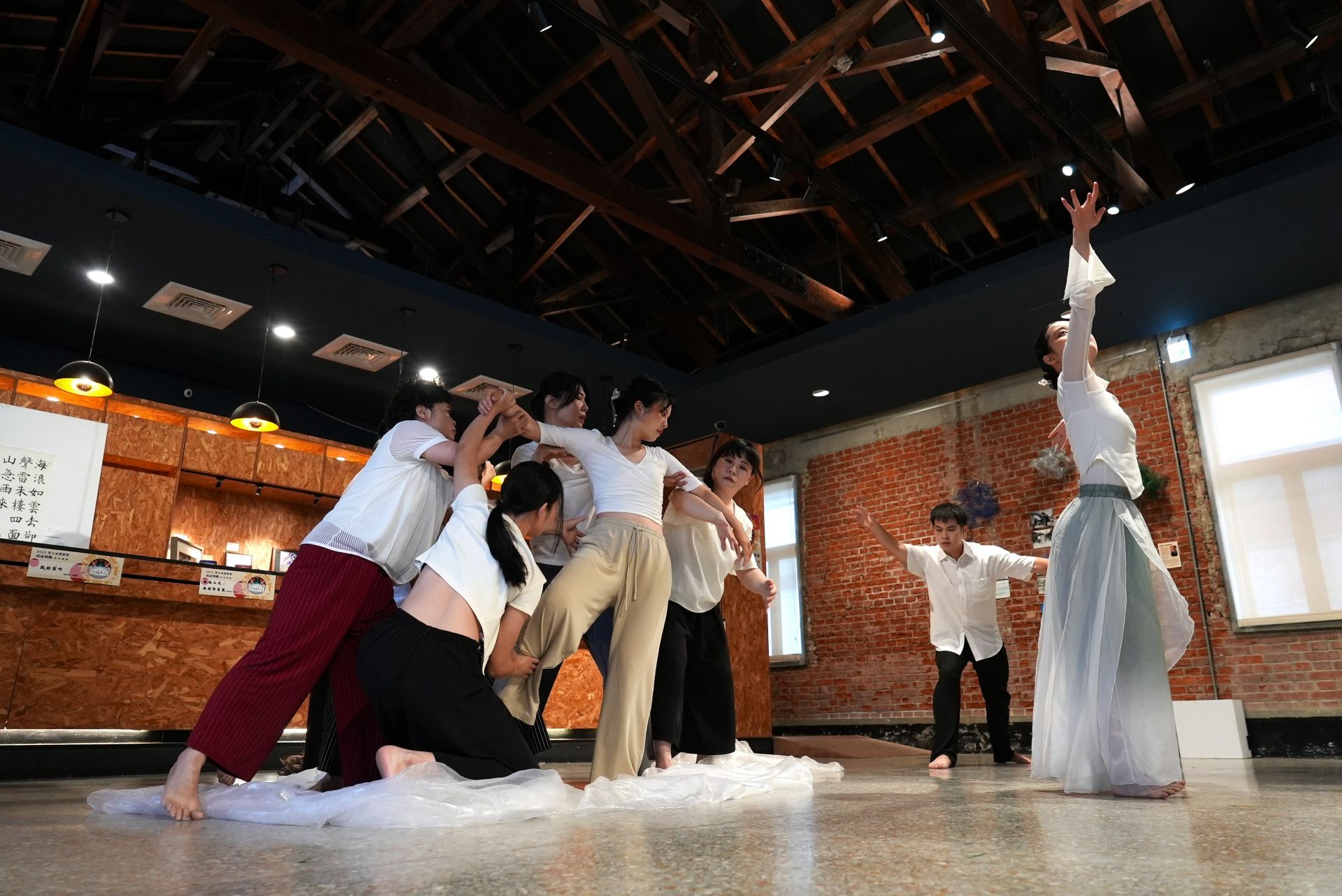
The 5th Drama Festival in 2025 was a cross-disciplinary co-creative arts event, where students showcased their achievements during the opening ceremony
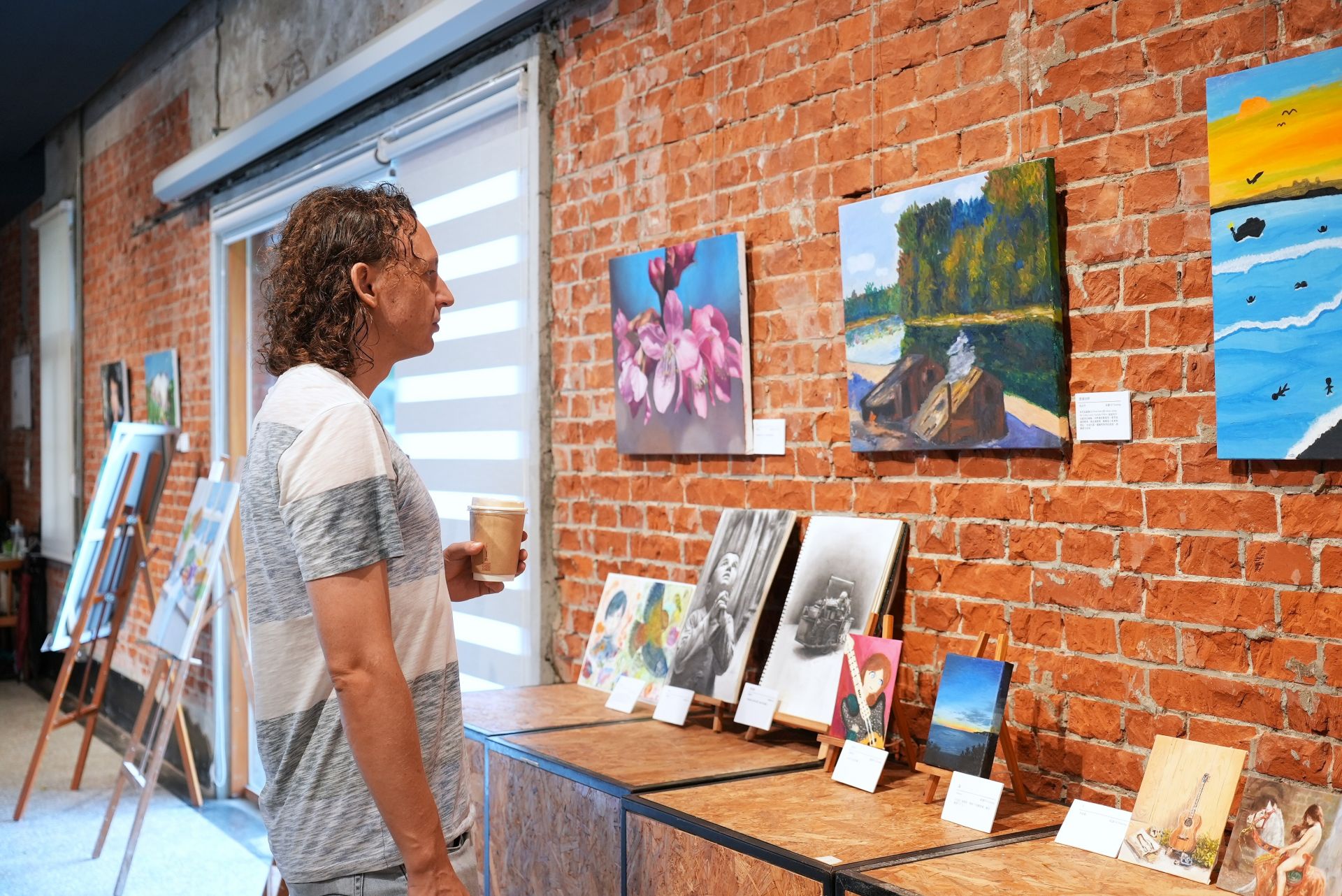
The 5th Drama Festival in 2025 embodied the principles of co-creation (collaborative works by faculty, students, departments, and student clubs), co-prosperity (sharing artistic resources to enhance the campus aesthetic), and common good (fostering community engagement and fulfilling the university’s social responsibility)
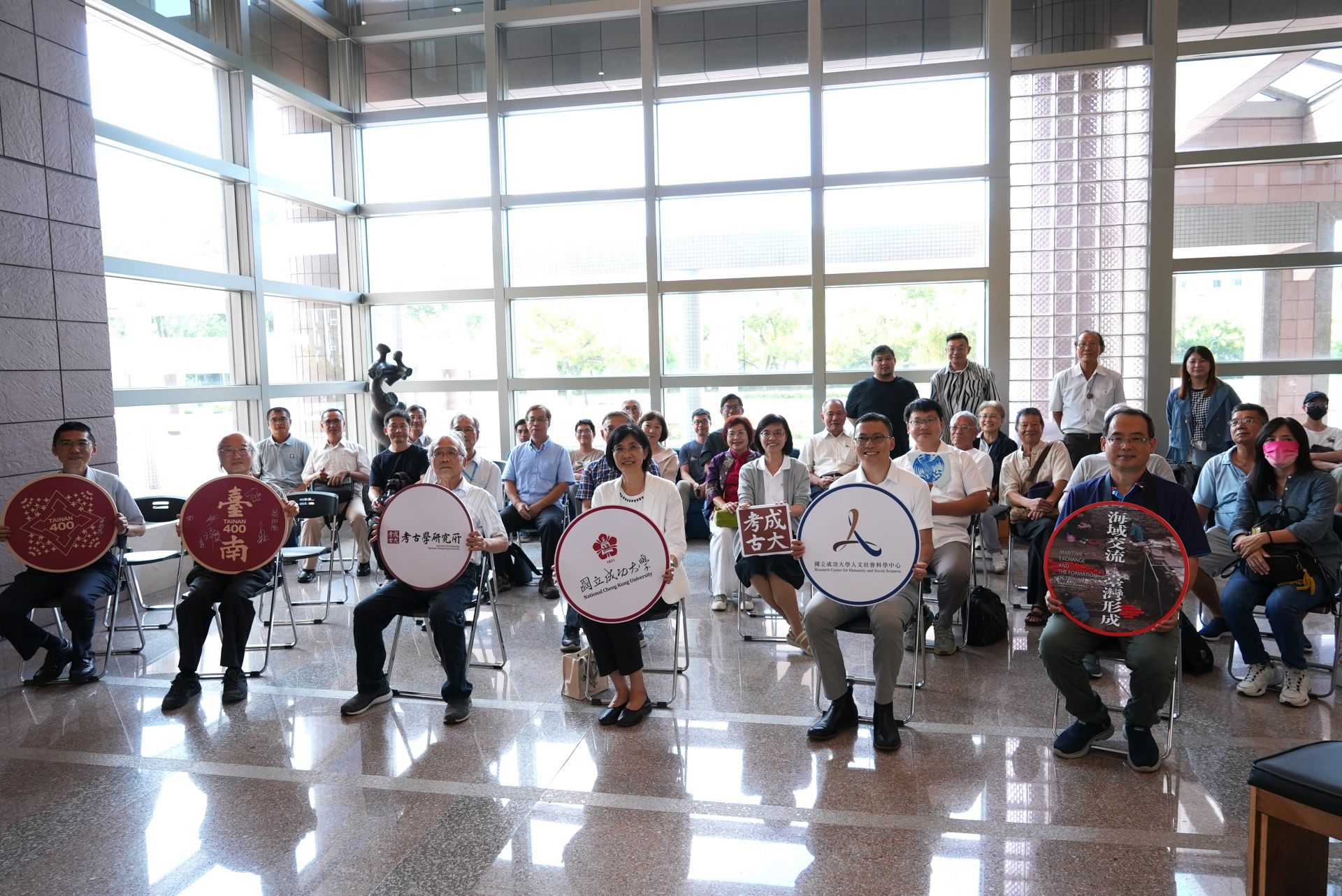
SDG11NCKU's "Maritime Exchange: The Formation of Taiwan" Exhibition Showcases Taiwan's History Through Archaeological Artifacts
View more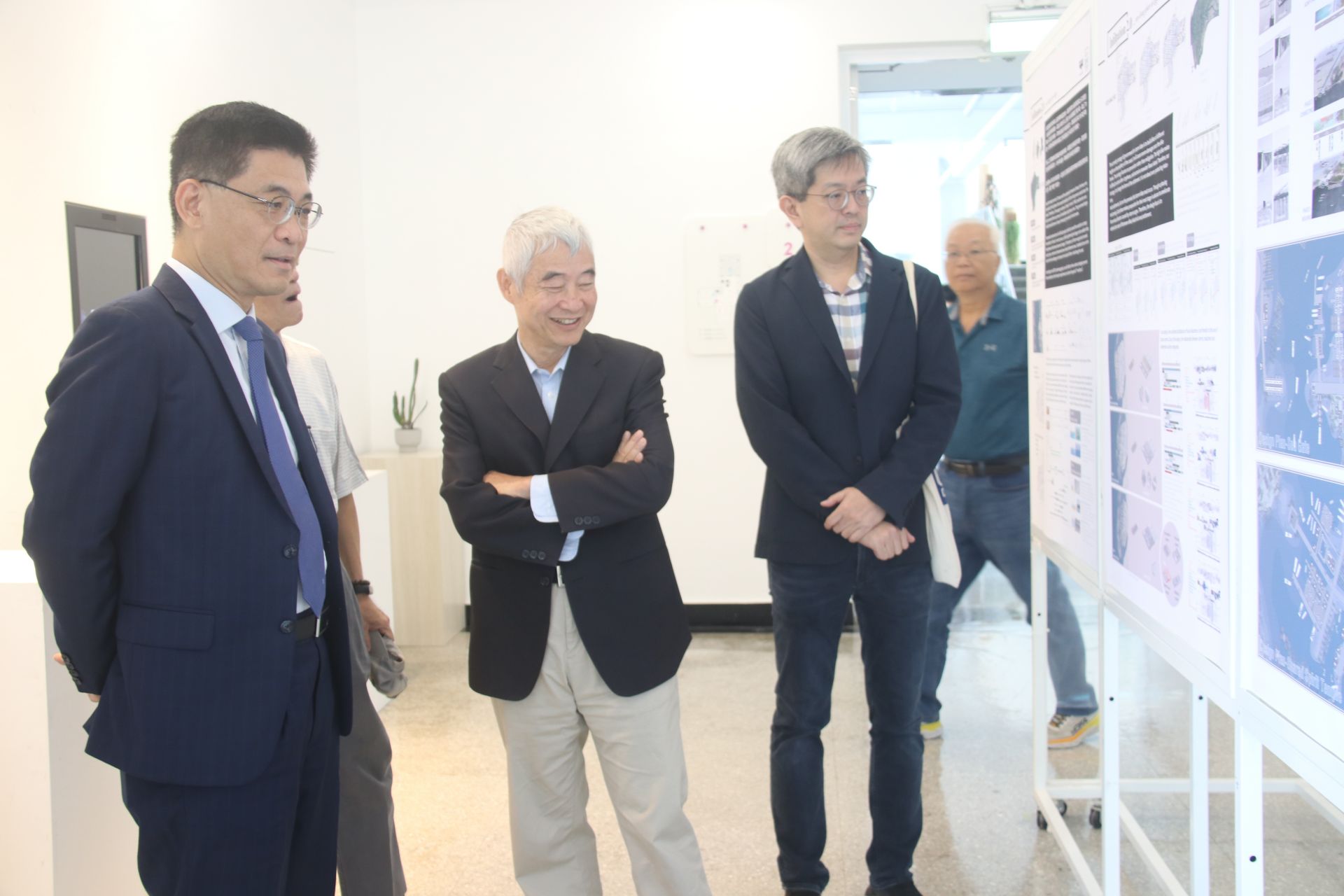
SDG112023 "Sustainable Island Strategy Design Series Forum": advancing Taiwan's sustainability.
View more